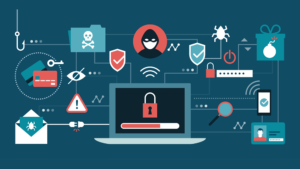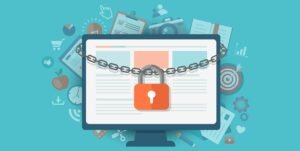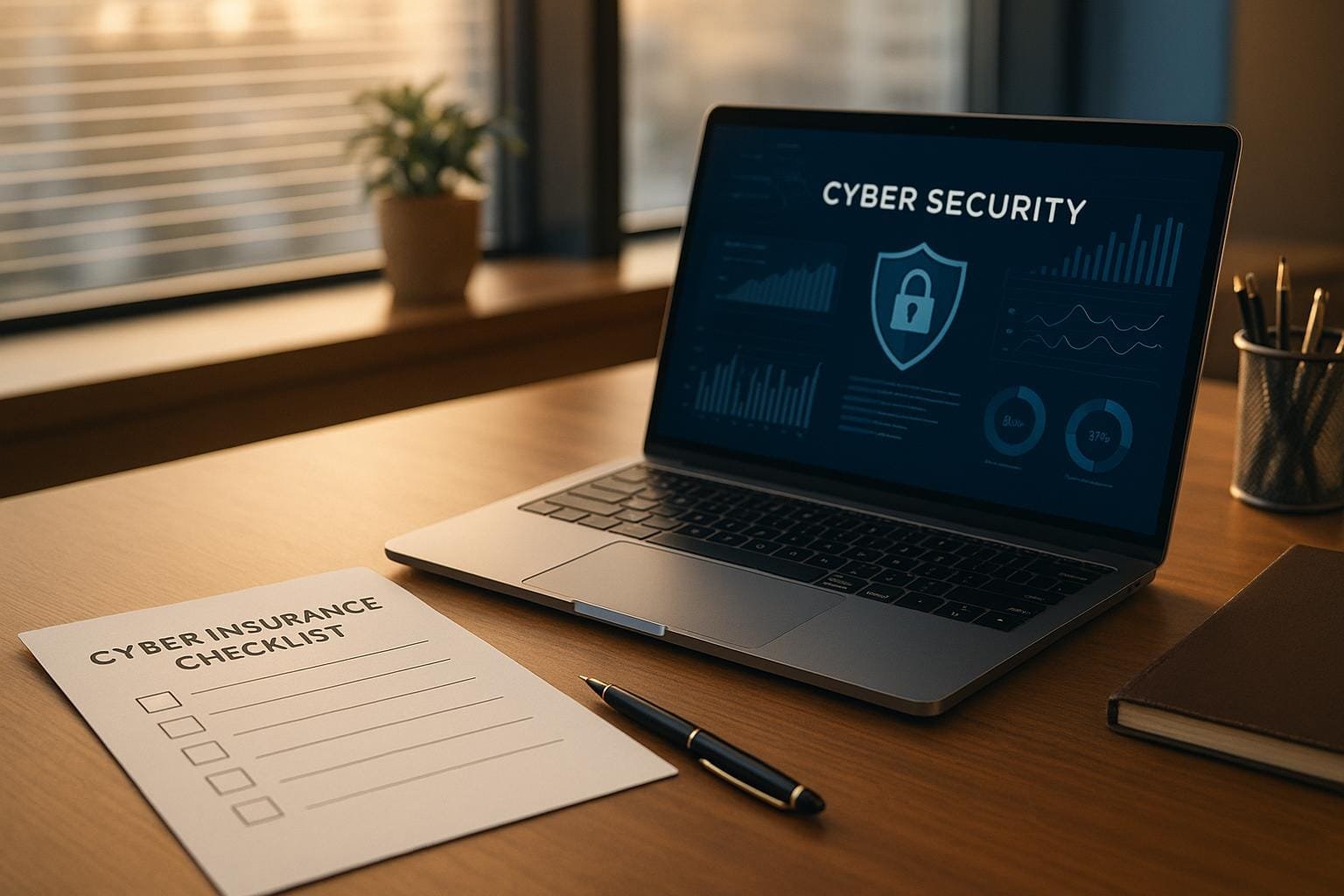While using the Internet, your Internet security can only protect you from potential dangers like spyware, ransomware, and malware. You have to do that yourself as no Internet security suite can protect you against some threats. In this article, you will get to know how can you keep yourself safe while using the Internet with various precautions.
With hacks, scams, malware, the Internet can feel like a dangerous web these days. From smartphones, tablets, computers to Internet-connected appliances, have severe risks. All of the below information shall be followed and understood by computer users, smartphone users, regardless of type, brand or operating systems.

Internet Safety rules:
- Keep your Personal and Professional information limited: Customers or employers don’t need to know your personal relationship status or your home address. Also, they don’t need to know about your expertise and professional background, and how to get in touch with you. There is no need to just hand it out to the millions of people online – including social media.
- Keep Your Privacy Settings On: Hackers and marketers love to know about your browsing and social media usage. Both web browsers and mobile operating systems have settings available to protect your privacy online. Major platforms like Facebook, Instagram, and Twitter also have privacy-enhancing settings for your protection. Make sure you have enables your privacy safeguards as sometimes it may be hard to find these settings because companies want your personal information for its marketing.
- Make a habit of Safe Browsing: Try not to visit dangerous neighborhoods online. Cybercriminals use obscene contents as baits as they know people are sometimes tempted by these types of contents and may let their guard down when searching for it. With one careless click, you can expose your personal data or infect your device with malware. Ensure resisting the urge of following the chain, not giving them a chance for further damage.
- Be Careful with Downloads: A top trick of cybercriminals is to trick you into downloading malware- programs or apps that carry malware or try to steal information. The malware can be disguised as an app, anything from a popular game to something that checks traffic or the weather. Don’t download apps that look suspicious or come from a site that can’t be trusted.
- Secure your Internet connection: Always use a secure VPN connection when you go online in a public place by using a public Wi-Fi connection. The most vulnerable is your local Internet Connection. Be careful while entering credentials like passwords and bank account numbers. To further improve your browsing safety, use secure VPN connections that will enable you to have a secure connection between your device and an Internet server.
- Be careful of What you Post: The Internet doesn’t have a delete key. Any image/ video/ comment you post online may stay online forever. Even by removing the original will not remove any copies that other people have made. There is no way for you to ‘take back’ a mistake you wish you hadn’t made.
- Choose Strong Passwords: Passwords are often one of the weakest spots in the whole Internet Security ecosystem. The problem with passwords is that people use simpler ones such as- ‘password’ or ‘123456’, which are easy for cyber thieves to guess. An individual shall select secure passwords that are harder for cybercriminals to guess. A secure password shall be unique and complex – at least 15 characters long, mixing letters, numbers, and special characters.
- Keep your Antivirus Program Up To Date: Internet security software cannot protect against every threat, but will definitely detect or remove most of them. Make sure to stay current with your operating system’s updates.
- Be a selective sharer: There are a lot of opportunities to share our personal information online. Be cautious about what you share, particularly when it comes to your identity information. It can potentially be used to impersonate you or guess your passwords and logins.
- Look out for the latest scams: Online threats are evolving all the time, make sure to look out for the current ‘ransomware or malware’ is on the rise.
- Avoid using Proxy sites: We all know that proxy websites and Softwares let us access blocked websites and are useful. Instead, use proxy sites for accessing blocked sites but not for logging into any sensitive sites.
- Download only from official app stores and secure websites: Various websites provide you with free software, apps, etc. If you are someone who keeps sensitive data, including photos, financial history, bitcoin private keys, or similar stuff, this downloaded stuff can refrain you from accessing your data.

Every browser, app, social networking sites, shopping sites have an option in the privacy settings that allow users to erase cookies or allow you to refuse to accept them. There are a lot of ‘non-track’ engines for the ones who don’t want to use big search engines like Google (knowing everything that you’re looking for).
Start off by using some of these basic tips today. It will be a habit tomorrow.
Stay Protected and Stay Updated.
Are you interested in learning more about the various day-to-day cyber threats? Then you are at the right place at the right time to know! Catch-up our other articles based on the new-age risks. This brings me back to the latest article on Apple iOS 13 Call Problem. Are you an Apple iOS user? Is it not functioning in an ideal way after the iOS 13 update? If you are buying a new smartphone today, the chances are good that it will run one of the two operating systems: Google’s Android or Apple iOS. For more detailed information, visit here!!



